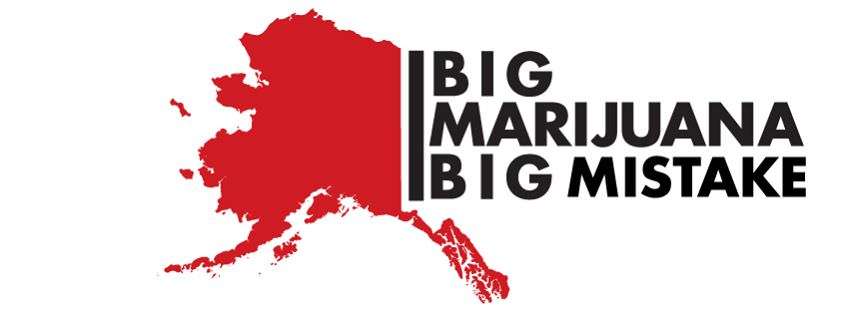Fear Of Cannabis Commerce Didn't, Won't, and Shouldn't Stop Legalization

The voters who approved marijuana legalization in two states and Washington, D.C., on Tuesday were unswayed by warnings that capitalism and cannabis are a dangerous mix. In my latest Forbes column, I probe the weaknesses of that message. Here is how the piece starts:
Three marijuana legalization initiatives were on the ballot this week, and all three won. That's a better outcome than I was expecting. I was surprised when voters in Colorado and Washington approved legalization two years ago, and I was surprised again when voters in Alaska, Oregon, and Washington, D.C., followed suit.
Partly that's because, after 25 years of advocating drug legalization (along with various other unpopular positions), I am accustomed to losing. But it's also because I had looked at the polling data. The victory in D.C. seemed like a pretty sure thing, given the legalization initiative's 2-to-1 advantage in a September survey commissioned byThe Washington Post. But the poll numbers were much closer in Oregon and Alaska.
There were other reasons for low expectations. I doubted that Oregonians and Alaskans would be eager to imitate Colorado and Washington so soon after the votes there, especially given that legal recreational sales began only this year in both states. And like the activists who are waiting until 2016 to push initiatives in states such as California and Massachusetts, I thought legalization would have a better shot in a presidential election year.
Judging from the ebullient reactions I saw on Twitter, I was not the only antiprohibitionist who was pleasantly surprised by Tuesday's amazing cannabis trifecta. Yet anti-pot activist Kevin Sabet—who a week earlier had joked, in an interview with The New York Times, that "it looks bad; I want to be on the other team"—claimed "this was not the complete slam-dunk the legalization groups expected." Later Sabet, co-founder and president of the prohibitionist group Project SAM, told the Associated Press, "I think we've slowed the legal-marijuana freight train."
As you probably have figured out by now, I am not given to optimism about the prospects for drug policy reform. But Sabet's spin seems delusional even to me. If the legalization train has slowed, that's only because so many people are clamoring to get aboard. And if Sabet has failed to stop it, that's because he unrealistically expects voters to be horrified at the very thought of a profit-driven cannabis industry.


Show Comments (6)